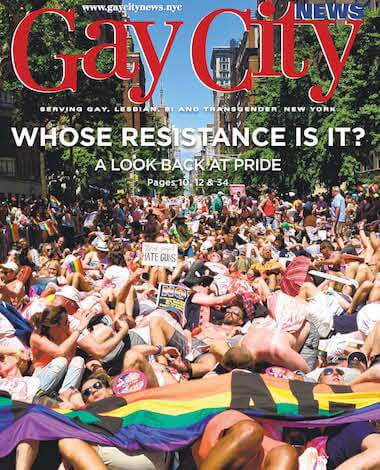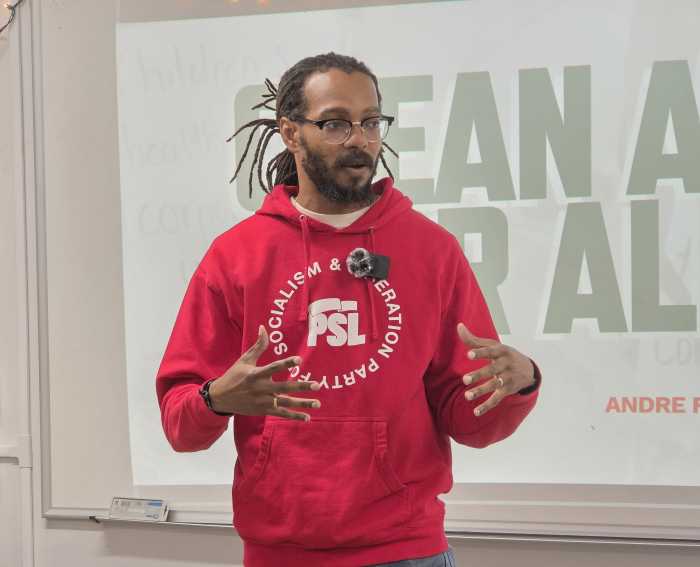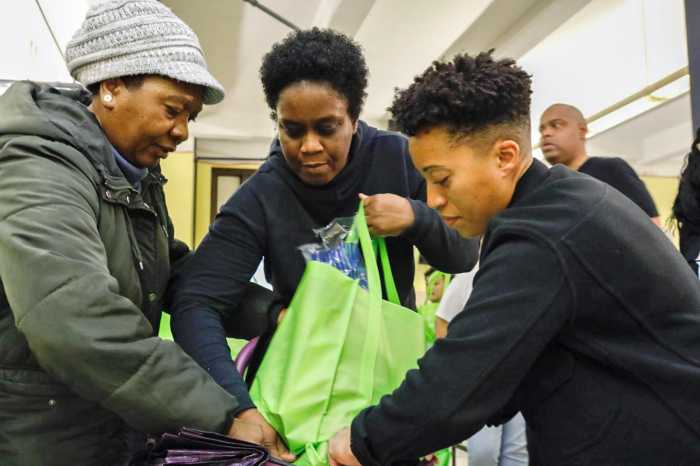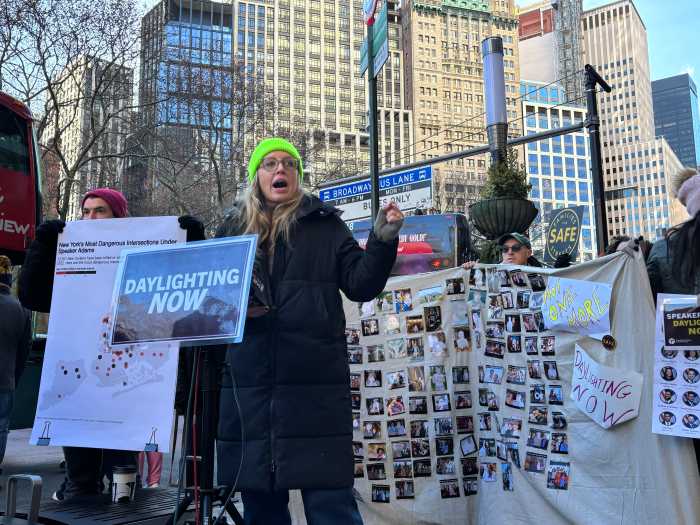During the age of COVID, much of live theater has migrated online, with varying degrees of success. Readings over Zoom, while presented in earnest, often fail to transcend the boxy format. Actors who live miles apart and may never have met in the flesh strive to create chemistry. Viewers are distracted by books and knickknacks on shelves, unmade beds, or a pet gone rogue — things that have zilch to do with the story.
“Borders,” a brashly gripping two-hander by Nimrod Danishman, is one of the rare winners. First produced in 2019, the drama has been wholly revamped for the online medium. Under the inventive direction of Michael R. Piazza — not the former Mets catcher of the same name — the results are truly extraordinary.
The Tank, a performing arts presenter, has teamed with Dirty Laundry Theatre and New York’s LGBT Community Center to produce “Borders,” a play about two men from quite different worlds who meet on Grindr and conduct a fraught courtship. The split-screen format is a natural fit for a piece about bridging the divides that separate us.
“Borders” opens with a horned-up Boaz (Eli Schoenfeld) chatting with George (Adrian Rifat) on Grindr. We see a barrage of texts pop up, along with the telltale “brrrlippp” tone, and the faces of the men separated by a split screen — Boaz on the left and George on the right. Although we can see the duo, they cannot see each other. Emojis abound.
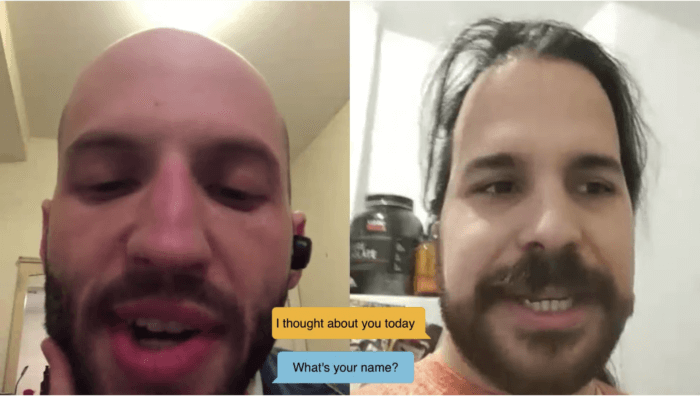
George starts salivating when Boaz sends dick pics (blurred for this production) and a hookup seems imminent. But there’s one major glitch. Even though they are only 20 kilometers apart, it turns out that Boaz is in Israel and George is in Lebanon. The border is separated by a wall patrolled by armed guards, the product of a decades-long series of bloody military clashes.
Over the course of the 70-minute piece, the two men flirt, share deep secrets and, against all odds, begin to fall in love. Even if they could overcome the physical barrier, they are up against daunting ideological and emotional barriers as well. Society dictates that they should be enemies. While Israel is generally accepting of homosexuality, Lebanon, predominantly Muslim, is not.
They dream of meeting in a queer-friendly, neutral territory, like Berlin. But can their virtual relationship survive in the real world?
The performances are strong, though at times too pronounced under the unflinching gaze of the camera. Schoenfeld brings a playful intensity to Boaz, as he describes coming out to his family at age 14. As embodied by Rifat, George easily shifts from being utterly smitten by this sexy young student to showing anger over risking it all to pursue this fragile relationship. The heat they generate, despite the many obstacles between them, is palpable.
The multimedia drama is enhanced by savvy visual flourishes. Instead of standard static talking heads, the actors video themselves with their smartphones — lying in bed, padding around their apartment, brushing their teeth — often shifting the camera angle and lighting. Despite being shot in the actors’ own homes, it feels like we are getting a taste of the characters’ lives. The shaky, extreme close-ups of their faces and glimpses of cracked ceilings and piles of clothes add to the authenticity. There’s an edgy voyeuristic element that intensifies the immediacy.
Occasionally we see videos of exteriors, like shots of their contrasting homelands, soldiers patrolling the border wall, or a glorious full moon — all framed as if captured on their smartphones.
Although set in the Middle East, the themes in “Borders” are universal. The piece recalls the recent debacle of the former US president’s ill-conceived attempt to build a huge wall along the Mexican border. What’s more, in this relentless COVID pandemic, as the entire world grapples with the harsh limits of social distancing, the drama resonates all the more deeply.
On February 24 at 6:30 p.m., actors and those involved in the production of “Borders” will huddle for an online panel discussion about virtual connections. The event, dubbed “Queering the Middle (East),” is free but the suggested donation is $10. Those interested in attending can get tickets at gaycenter.org/borders.
Borders | The Tank, Dirty Laundry Theatre, New York LGBT Center | Livestream performances through February 27, accessible on demand through March 13 | For info and access, visit thetanknyc.org | Tickets $10-$30
To sign up for the Gay City News email newsletter, visit gaycitynews.com/newsletter.





